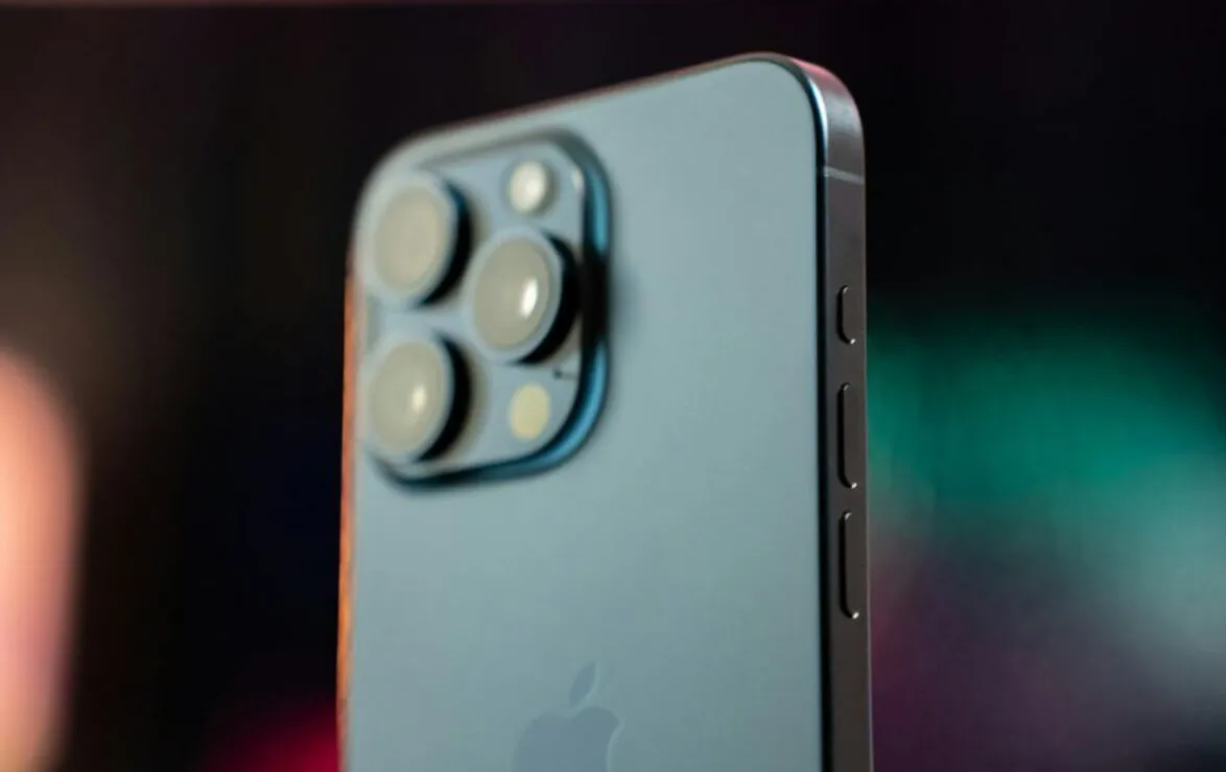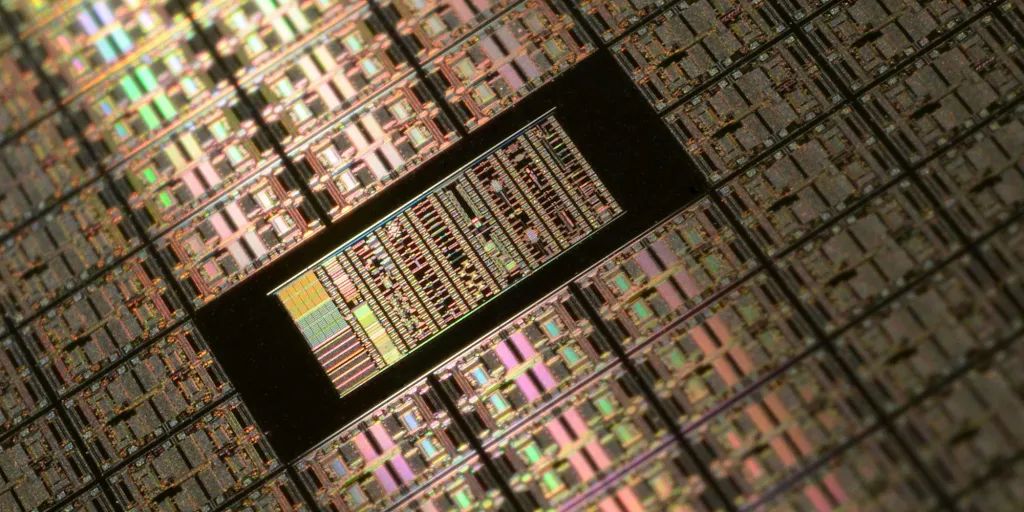Highlights
- Apple’s iPhone 17 Slim model may face delays
- Plans to use resin-coated copper components postponed
- iPhone 17 Pro may stick with 3nm chipset
- 2nm chipset likely debut in iPhone 18 series
Recent reports suggesting Apple’s plans to slim down its iPhone 17 series in 2025 may not come to fruition.
The company’s alleged plans to introduce a special ‘iPhone 17 Slim’ model, expected to be the most expensive in the lineup, might also be affected.
更新: 因無法滿足Apple對品質的高標準要求,2025年新款iPhone 17將不採用RCC作為PCB主板材料。
—Update: Due to the inability to meet Apple’s high-quality requirements, the new iPhone 17 in 2025 will not use RCC as the PCB motherboard material.
— 郭明錤 (Ming-Chi Kuo) (@mingchikuo) July 17, 2024
According to a post by Weibo user “Phone Chip Expert,” the 2nm process won’t go into mass production until the end of 2025. The account holder, who claims to have 25 years of experience in the integrated circuit industry, including work on Intel’s Pentium processors, suggests the iPhone 17 will therefore still use TSMC’s 3nm process.
“The 2nm process won’t be mass-produced until the end of 2025, so the iPhone 17 definitely can’t catch up,” read a machine translation of Phone Chip Expert’s post. “It won’t be until the iPhone 18 that a 2nm processor will be used.”
“Anyone who has seen the capacity planning chart will know that this is yet another report from an unscrupulous media outlet,” added the user, commenting on an article by Zhitong Finance that repeated claims recently made by Taiwanese newspapers based on “industry sources.”
Design Changes Ahead of iPhone 17

According to Apple analyst Ming-Chi Kuo, the company has delayed its plans to use resin-coated copper (RCC) components in future iPhones.
These components were meant to reduce internal space requirements, potentially allowing for slimmer designs or larger batteries.
Kuo cites concerns over durability and fragility as the main reasons for the delay.

The use of RCC was initially expected in the iPhone 16, then pushed to the iPhone 17.
This further delay suggests a longer wait for slimmer iPhones, with no clear timeline for introduction.
Additionally, the iPhone 17 Pro series may not feature the anticipated 2nm chipset from TSMC.

A Weibo tipster known as “Mobile Chip Expert” claims that 2nm chips won’t be ready for mass production until late 2025, likely pushing their debut to the iPhone 18 series in 2026.
Instead, the iPhone 17 series may continue to use TSMC’s 3nm process node.
The 2nm process, when ready, is expected to offer significant improvements in speed and power consumption compared to the 3nm process.

For context, the current iPhone 15 Pro models use the A17 Pro chip based on the first-generation 3nm process, while the upcoming iPhone 16 series is set to feature the A18 chip using a second-generation 3nm process.
These developments suggest that Apple’s 2025 iPhone lineup may not see the dramatic changes in design and performance that were initially rumoured.
Apple iPhone 17 Specs
GENERAL
| Sim Type | Dual Sim, GSM+GSM |
| Dual Sim | Yes |
| Sim Size | Nano + eSIM |
| Device Type | Smartphone |
| Release Date | September 07, 2025 (Expected) |
DISPLAY
| Type | Color OLED Screen (1B Colors) |
| Touch | Yes |
| Size | 6.3 inches, 1200 x 2600 pixels, 120 Hz |
| Aspect Ratio | 20:9 |
| PPI | ~ 441 PPI |
| Features | Super Retina XDR Display, HDR Display, True Tone, Wide Color (P3), Haptic Touch, 2000 Nits Max Brightness (HDR), Support for Display of Multiple Languages and Characters Simultaneously |
| Notch | Yes, Small Notch |
MEMORY
| RAM | 12 GB |
| Storage | 128 GB |
| Card Slot | No |
CONNECTIVITY
| GPRS | Yes |
| EDGE | Yes |
| 3G | Yes |
| 4G | Yes |
| 5G | Yes |
| 5G Bands | 5G NR (Bands n1, n2, n3, n5, n7, n8, n12, n20, n25, n26, n28, n30, n38, n40, n41, n48, n53, n66, n70, n77, n78, n79) |
| VoLTE | Yes |
| Wifi | Yes, with wifi-hotspot |
| Wifi Version | Wi-Fi 8 |
| Bluetooth | Yes, v5.5, A2DP, LE |
| USB | Yes, USB-C |
| USB Features | USB on-the-go, USB Charging |
EXTRA
| GPS | yes with A-GPS, Glonass |
| Fingerprint Sensor | No |
| Face Unlock | Yes |
| Sensors | Barometer, Three‑axis Gyro, Accelerometer, Proximity Sensor, Ambient Light Sensor |
| 3.5mm Headphone Jack | Lightning |
| NFC | Yes |
| Water Resistance | Yes, 6 m upto 30 min |
| Dust Resistant | Yes |
| Extra Features | Satellite Connectivity, Crash Detection |
CAMERA
| Rear Camera | 50 MP f/1.5 (Main) 12 MP f/2.4 (Ultra Wide) with autofocus |
| Features | Panorama, Night Mode, Deep Fusion, Smart HDR 4, Photographic Styles, Burst Mode, Photo Geotagging |
| Video Recording | 4K @ 24/25/30/60 fps UHD, 1080p @ 25/30/60 fps FHD |
| Flash | Yes, Dual LED |
| Front Camera | 12 MP f/1.9 (TrueDepth) with Retina Flash |
| Front Video Recording | 4K @ 60 fps UHD, 1080p @ 60 fps FHD |
TECHNICAL
| OS | iOS v19 |
| Chipset | Apple Bionic A18 |
| CPU | Octa Core Processor |
| GPU | Apple 4 Core GPU |
| Java | No |
| Browser | Yes |
MULTIMEDIA
| Yes | |
| Music | AAC‑LC, HE‑AAC, HE‑AAC v2, Protected AAC, MP3, Linear PCM, Apple Lossless, FLAC, Dolby Digital (AC‑3), Dolby Digital Plus (E‑AC‑3), Dolby Atmos and Audible (formats 2, 3, 4, Audible Enhanced Audio, AAX and AAX+) |
| Video | HEVC, H.264, MPEG‑4 Part 2 and Motion JPEG, HDR with Dolby Vision, HDR10 and HLG |
| FM Radio | No |
| Document Reader | Yes |
BATTERY
| Type | Non-Removable Battery |
| Size | 4190 mAh, Li-ion Battery |
| Fast Charging | Yes |
| Wireless Charging | Yes, 45W MagSafe |
| Music Playback Time | 100 hours |
FAQs
What changes were expected in the iPhone 17 series design?
Apple was planning to introduce slimmer designs with the iPhone 17 series using resin-coated copper components, but these plans have been delayed due to durability concerns.
Why is the iPhone 17 Slim model’s release uncertain?
The release of the iPhone 17 Slim model is uncertain due to the postponement of using resin-coated copper components, which were key to achieving the slimmer design.
Will the iPhone 17 series feature the anticipated 2nm chipset?
No, the iPhone 17 series is not expected to feature the 2nm chipset as it won’t be ready for mass production until late 2025, likely appearing in the iPhone 18 series instead.
What chipset will the iPhone 17 series likely use?
The iPhone 17 series will likely continue to use TSMC’s 3nm process node, as the 2nm process will not be available until the iPhone 18 series.
What improvements are expected with the 2nm chipset?
The 2nm chipset is expected to offer significant improvements in speed and power consumption compared to the 3nm process, enhancing overall performance.
Also Read: iPhone 17 Rumoured to Feature Advanced Display Glass Similar to Galaxy S24 Ultra
Also Read: iPhone 17 Battery: Apple To Reportedly Explore Space-Saving Innovations
